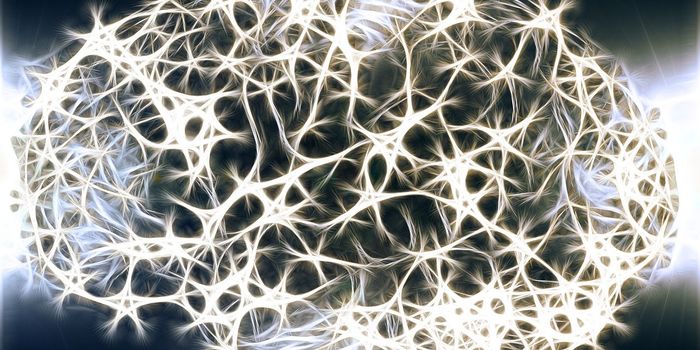Could NRF2 trigger hepatomegaly?
Research published today in the Journal of Hepatology suggests that the protein responsible for antioxidant defenses in humans may adversely affect the liver. The research was led by postdoctoral fellows Feng He, Ph.D., and Laura Antonucci, Ph.D., and senior author Michael Karin, Ph.D., Distinguished Professor of Pharmacology and Pathology at the University of California San Diego School of Medicine.
NRF2 (Nuclear factor erythroid 2-related factor 2) and its inhibitor, KEAP1 (Kelch-like ECH-associated protein 1), are crucial for responding to stress from oxidants, meaning reactive molecules or compounds that remove electrons from other molecules. As Science Daily reports, “When cells are healthy and unstressed by oxidants, levels of NRF2 are kept low by KEAP1, which is constantly degrading NRF2. But in response to oxidative stress, KEAP1 is inactivated, releasing NRF2 from its inhibitory grip. NRF2 levels subsequently build within the cell with the protein entering the nucleus, where it stimulates expression of numerous genes that code for enzymes and other proteins that detoxify harmful oxidants.”
Karin explains the importance of NRF2 and KEAP1, saying, "By being able to reduce the devastating impact of oxidative stress, the KEAP1-NRF2 system has long been thought to protect us from cancer and aging. And much effort has been dedicated to the development of NRF2 activators for cancer prevention and age-related diseases. Many such compounds are being sold at health food stores as anti-aging remedies."
However, the research from Karin and his colleagues suggests that continued exposure to NRF2 and KEAP1 could enlarge the liver and put individuals at risk of fatty liver disease. The team conducted their study on mice models and showed that mice continuously exposed to NRF2 triggered hepatomegaly in the animals. Hepatomegaly refers to an enlargement of the liver that can typically result from insulin overdosing, exposure to various toxins, cirrhosis and liver cancer. These findings have significant implications for the treatment and reversal of hepatomegaly, which currently impacts over 200 million people globally.
Sources: Journal of Hepatology, Science Daily









